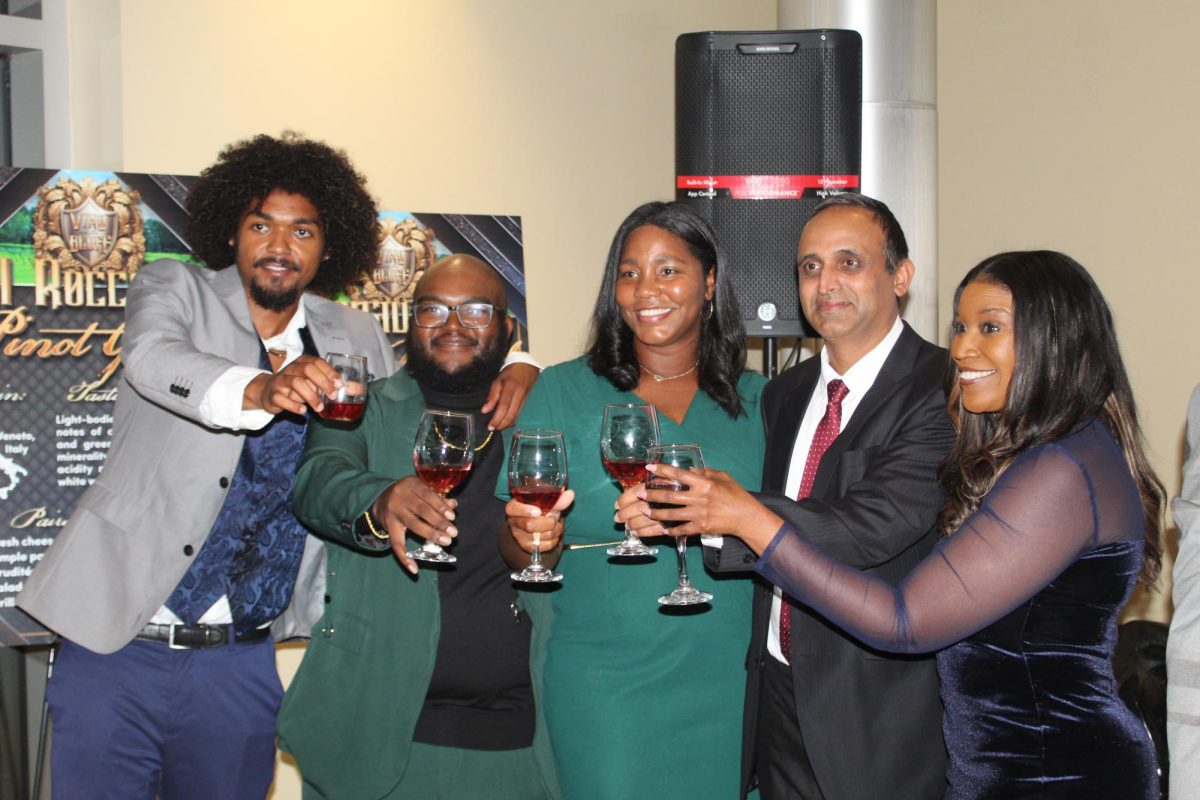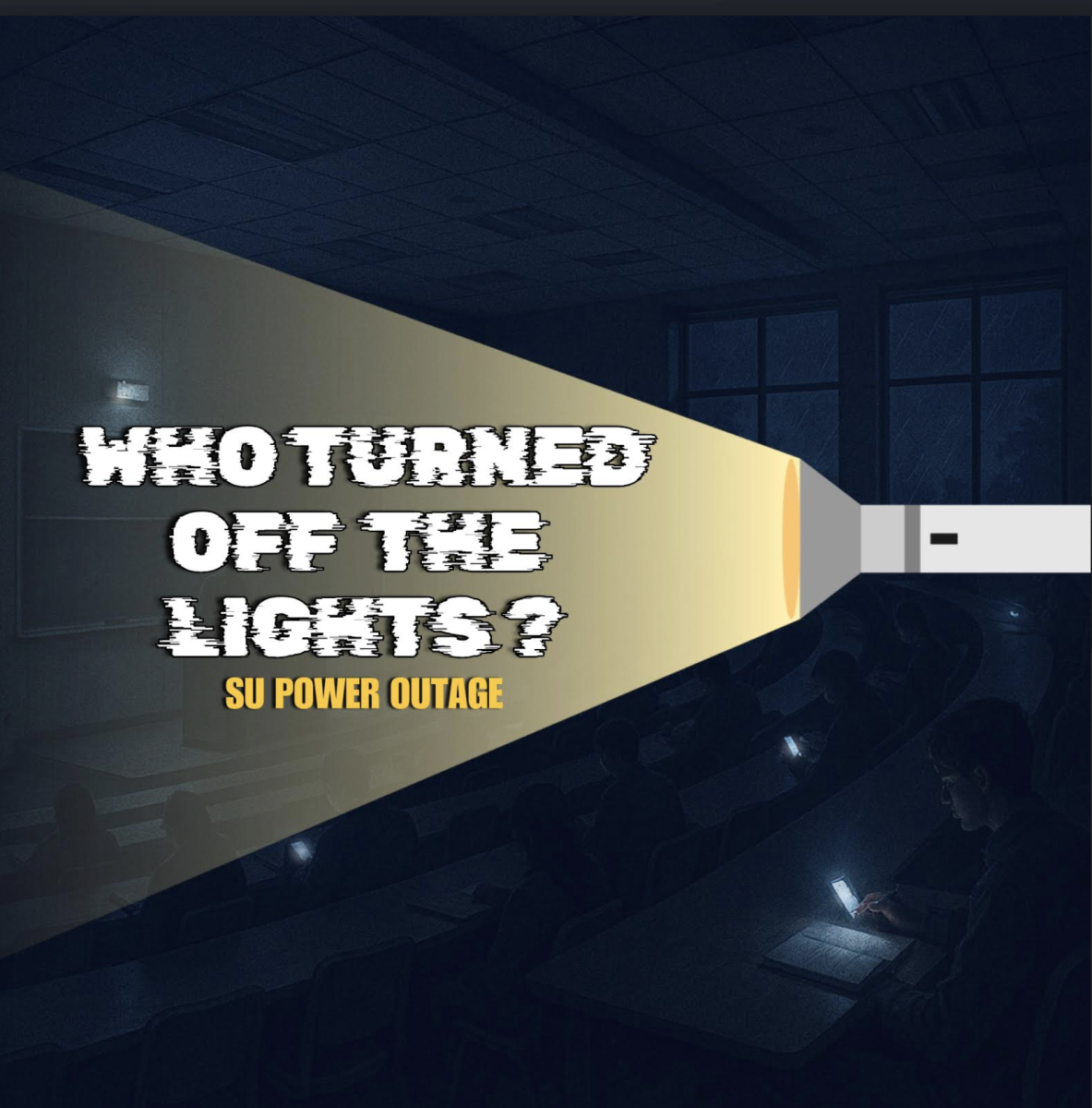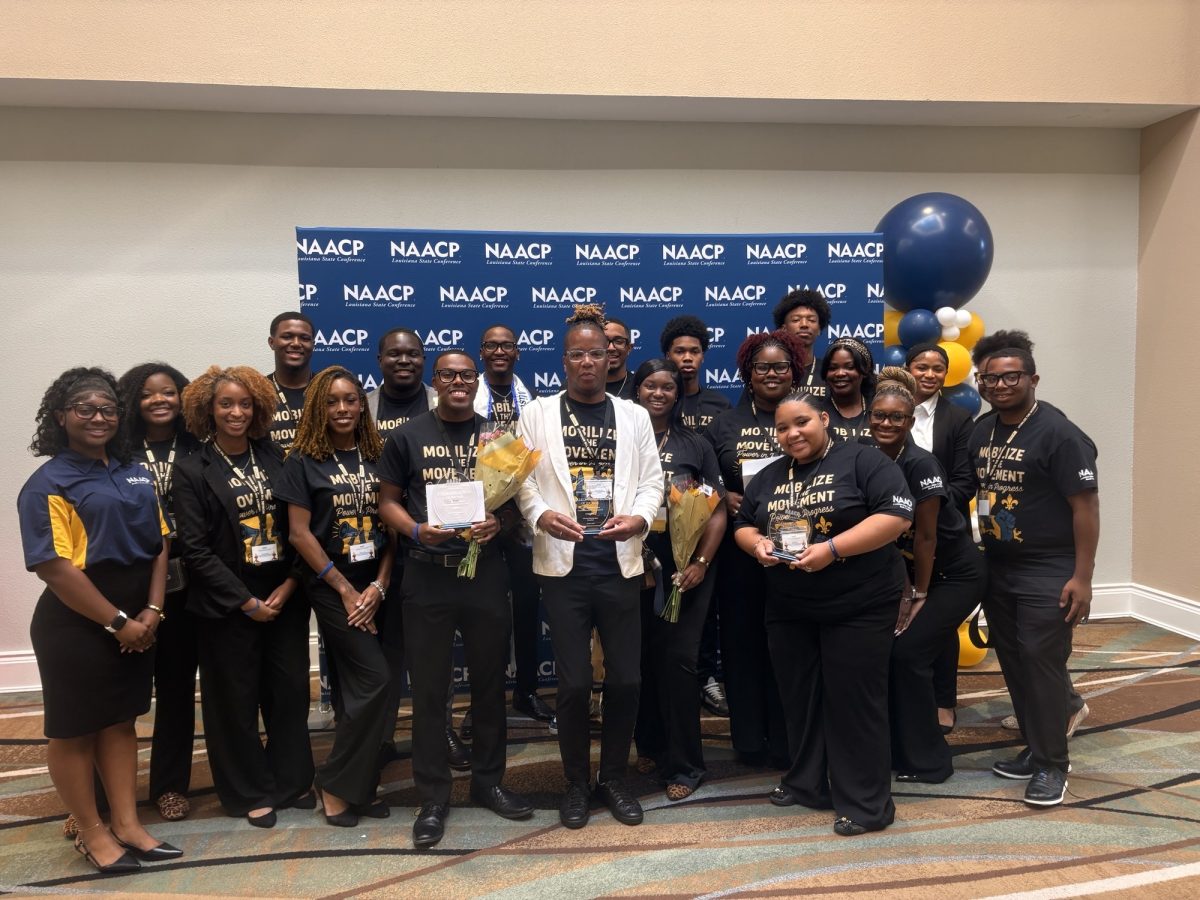Since all the commotion about the hit movie “Barbershop,” there has been much controversy as to who should represent the African American community. The older generation says that we as young African Americans are hopeless and lost.
Well are we? Instead of saving our money, we buy what’s hot and new; instead of protecting ourselves sexually, we think more than one is better; instead of being a leader for our generation, we turn to Tupac, Biggie and Ja Rule for insight; and instead of voting, we complain.
When you turn on the television the same three faces are on: Reverend Al Sharpton, Reverend Jesse Jackson, Sr. and General Colin Powell. All these men are phenomenal leaders, but are they qualified to lead the new generation of African American?
Reverend Al Sharpton comes from a law background and knows how to defend blacks he feels has had unjustifiable events happen to them. He has been noted for going to bat and even jail when protesting for the rights of African-Americans, yet he does not bring to light what holds our generation down.
The infamous Reverend Jesse Jackson, a man who walked side-by-side with the late great Dr. Martin Luther King, Jr., man who’s history represents civil rights and marches. His achievements are far beyond a simple line. Unfortunately his endeavors leave our generation with a gap.
Unfortunately, none of these men are qualified to speak or even identify with what goes on in the new African American generation. So why do we not have persons that represent our generation? Are we content with our issues not being addressed?
There are only so many ways to talk about AIDS, teen pregnancy, drugs and other common issues that society says is the problem of our times. We need to start going to town meetings and talking about what affects us.
We give our money to celebrities thinking they will have our best interest at heart when they rarely remember what it is like to struggle. We have the power to put someone in the forefront that will represent our generation. Let’s stop criticizing and start putting who really qualifies to be our voice.
I know that we all speak differently but together, speaking on common issues, we can achieve.
Categories:
Who’s speaking for Africans-Americans
October 25, 2002
0
More to Discover





